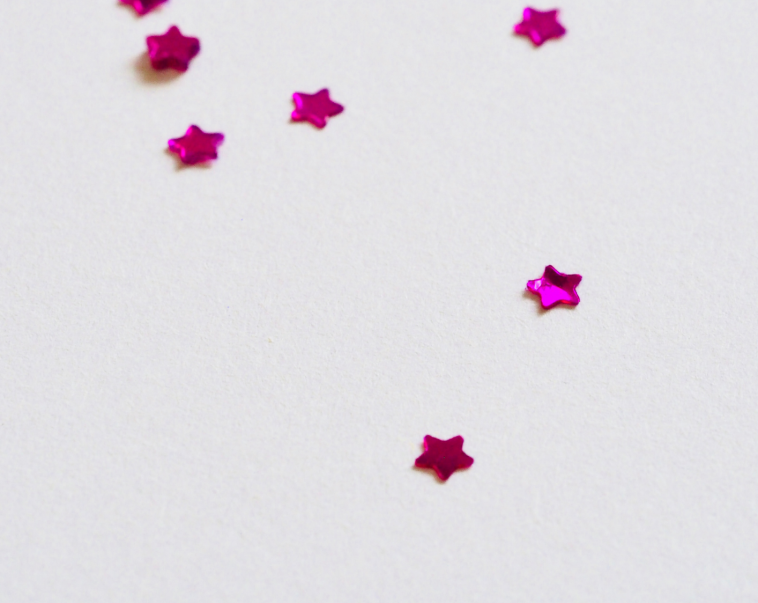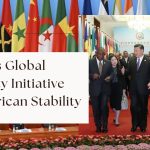Lack is easy to identify, as it doesn’t require a wealth of empirical evidence to confirm. When one needs something and doesn’t have it, or even doesn’t have anyone who can provide it for them, regardless of how hard they work, lack seems like the apt term to define that scenario. Poverty, on the other hand, represents something more nuanced, more insidious, soul-rotting, or even dignity-stripping.
One argued emphatically at one time that it’s nearly impossible for a child to feel poor unless it’s been constantly reinforced by their caregivers. However, it’s not inherent for a child to recognize poverty at face value, because it’s a monster that fully forms when a child’s cognition has transcended the innocence of childhood. The basis of this argument hinges on one fact: for someone raised in a poor household, the situation at the time, when social amenities and other things were absent, could be defined solely as lack. Children are more often occupied with dreams and unbridled energy to pay attention, especially if they can’t compare their situation with anyone.
However, through a series of situations of lack, what often culminates is a poverty mindset, which in itself isn’t only characterized by lack but also by the absence of expectations, the loss of the desire to ask for things having been denied them for so long, and the loss of the will to demand from life. That’s why poverty is labeled a monstrous thing, because even when one overcomes lack, they’ve been neurally wired to not expect good and to channel self-defeating behaviors that quickly slump them back into a place of lack. This starts a vicious cycle able to weigh down generations, crushing them underfoot, and shredding the very dignity and confidence that should be the bedrock of joy.
But the thing with poverty is that no one is immune. Like in pathology, poverty often mimics those pathogens, like the herpes virus, that remain latent in nerve cells, only to reactivate from time to time, causing cold sores and shingles. Poverty is with us, a nasty behavior that anyone can learn if they let themselves. One may never make themselves immune from lack, but from poverty, everyone looks like they have a chance, conferred by the most clichéd of solutions: mindfulness.
As a habit so fronted in a world devoid of attention, mindfulness seems to have far more beneficial purposes than the nominal improvement of mental health. One can recognize a situation of lack and individually assess it on a case-by-case basis without slipping into a poverty mindset. Usually, the transition takes many small, subconscious steps. When someone is finally in poverty, they can’t consciously crawl themselves back and are left to behave as the new, metamorphosed nature demands. Because the transcendence is an unimpeded train from one station to another; from a series of situations of lack to a nature of poverty, with a return trip often much harder and more meandering than the first that gets one there.
Mindfulness is the only armor against the assault on the mind. In a field of plethora of “poverty eradication” programs, where many solutions don’t seem to move the needle, only worsening it, poverty has a face, and it’s ugly. There would certainly be no harm in adding mindfulness to the list, seeing as it looks to be the only solution that can unveil the face of poverty, not just cover its consequences.
This post was created with our nice and easy submission form. Create your post!





